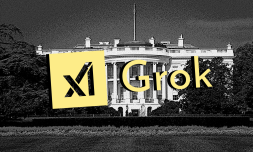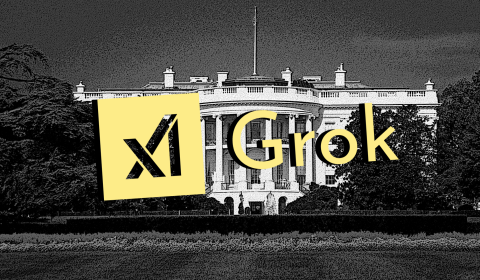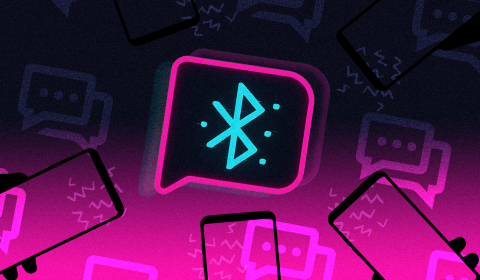TikTokers are currently discussing how and why Gen Z are ‘rapidly ageing’ compared to their Millennial peers. The conversation is symptomatic of a wider generational obsession with age, life milestones, and external societal pressures. The whole thing is draining.
If you’re an avid TikTok or Instagram Reel user, you’ve probably seen some discussion around Gen Z ageing faster than their older Millennial peers this week.
There’s been viral conversation over Gen Z beauty standards, lifestyle practices, and attitudes toward getting older in general, both on social media platforms and via traditional media.
Various publications – such as FEMAIL and Marie Claire – have given insight into why they believe younger people are looking older than their years, blaming excessive skin care products and misinformation as the primary cause.
Other outlets have instead focused attention on Gen Z’s seeming obsession with turning thirty. It appears to be a life milestone that invigorates genuine dread in some younger people, with a few commenters stating they’d ‘unalive’ themselves for fear of becoming a ‘hag’.
These remarks, while exaggerated, are indicative of a wider, generational panic toward age and eventually leaving youth behind.
TikTokers are constantly discussing their appearance, beauty tips, lifestyle choices, achievements, and accomplishments, all within the context of their age. We are seemingly living in an era of intense ageist pressure, where conventional goals – a house, children, engagements, travel, worldly experiences, excessive salaries – must be hit in order to feel ‘on track’.
This is all despite it being so much harder to achieve those things in 2024 compared to our parents or older peers.
Social media outlets such as TikTok and Instagram have monetised idealism like never before, constantly presenting us with curated and pristine representations of modern living that are usually greatly embellished or downright fictional. This constant feed of perfection is driving young people to aspire for excellence, believing they must have their shit entirely figured out before they hit their thirtieth birthday.
Conversation around our twenties and what we choose to do with them has become exhausting because of this never-ending onslaught of content based on our age.
Male-centric podcasters will tell you that your salary must be £200k by 25, beauty TikTokers will encourage twenty-somethings to stress about wrinkles, and travel bloggers will flex the fifty countries they visited before turning 27. Age dictates so much of Gen Zs self-help content and it is tiring.
The intensity of age and social pressures is not something new or unique to Gen Z.
We’ve seen the innate fear of our later years played for laughs on tv and in media for decades. There is a long, long list of celebrities who’ve opted for surgery in order to maintain a semblance of youth – with varying degrees of success.




















